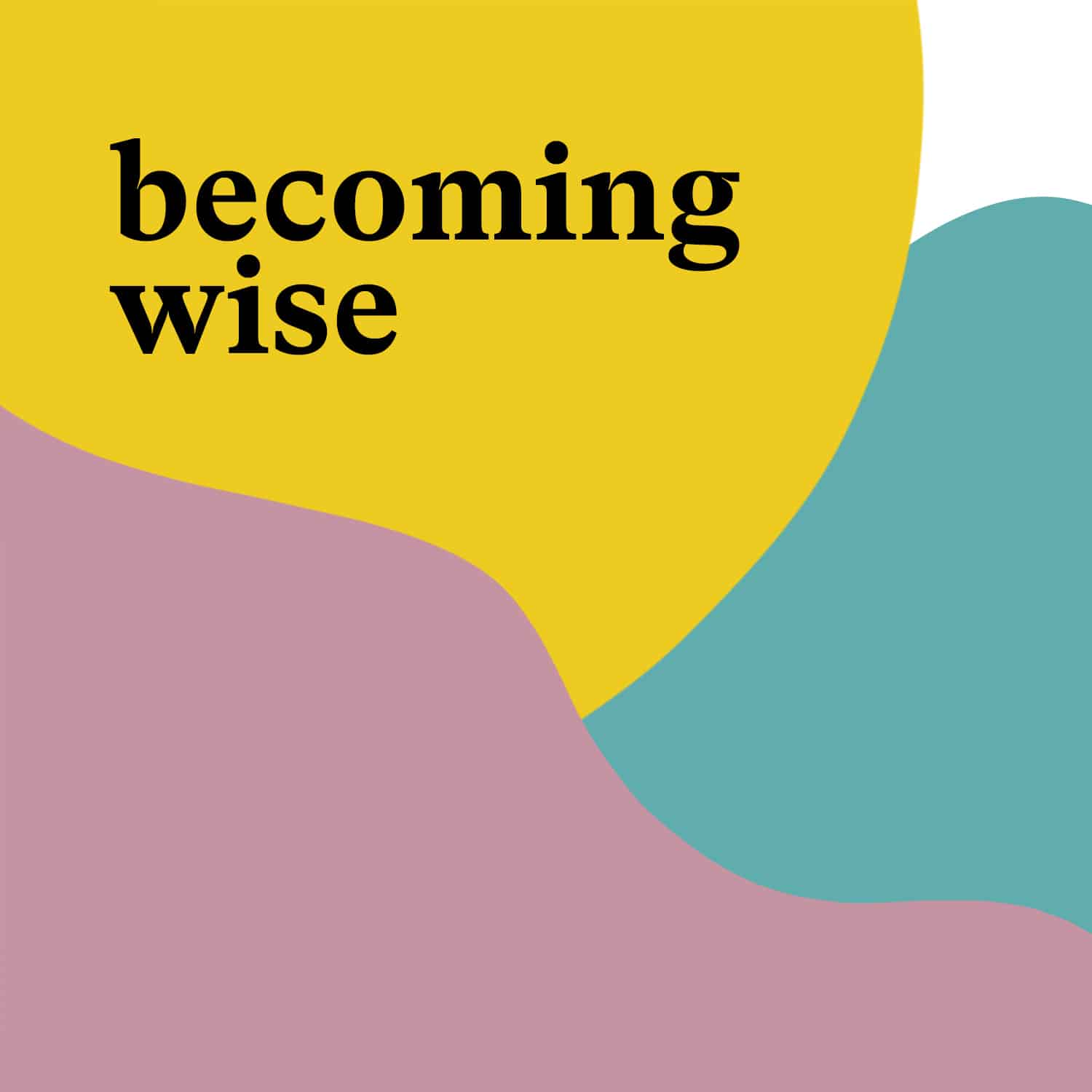America Ferrera and John Paul Lederach — The Ingredients of Social Courage

“Our discomfort and our grappling is not a sign of failure,” America Ferrera says, “it’s a sign that we’re living at the edge of our imaginations.” She is a culture-shifting actor and artist. John Paul Lederach is one of our greatest living architects of social transformation. From the inaugural On Being Gathering, a revelatory, joyous exploration of the ingredients of social courage and how change really happens in generational time.
John Paul Lederach is a senior fellow at Humanity United and professor emeritus of international peacebuilding at the University of Notre Dame. He is also the co-founder and first director of the Eastern Mennonite University’s Center for Justice and Peacebuilding. In 2019 he won the Niwano Peace Foundation Peace Prize.
America Ferrera is an Emmy Award-winning actor and producer. She’s known for the movies Real Women Have Curves and The Sisterhood of the Traveling Pants and for the TV series Ugly Betty. She also stars in and co-produces the current NBC series Superstore. She’s the co-founder of Harness, a grassroots organization for social healing.
Find the transcript for this show at onbeing.org. This interview originally aired in June 2018.

